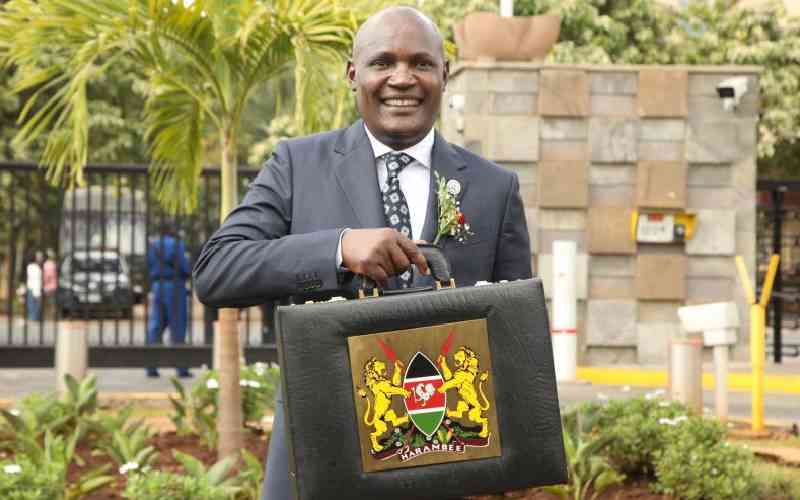×
The Standard e-Paper
Fearless, Trusted News
By Stephen Makabila
The State University of New York (SUNY) through USAID has taken over as the main financial facilitator of an on-going training programme in the 47 counties around the country.







